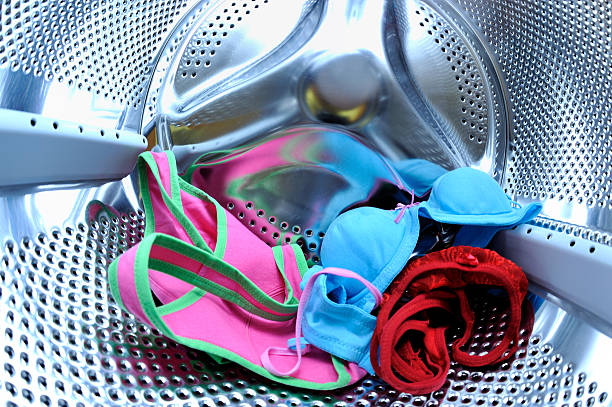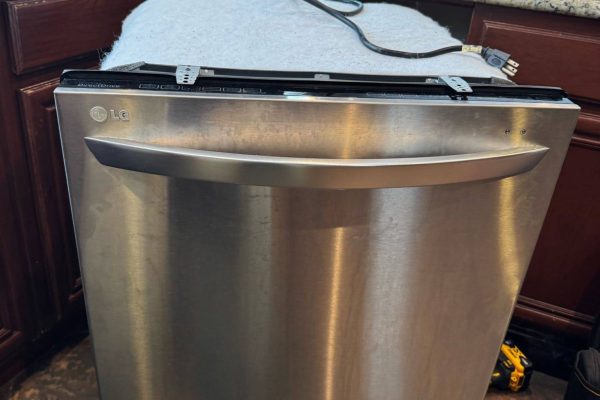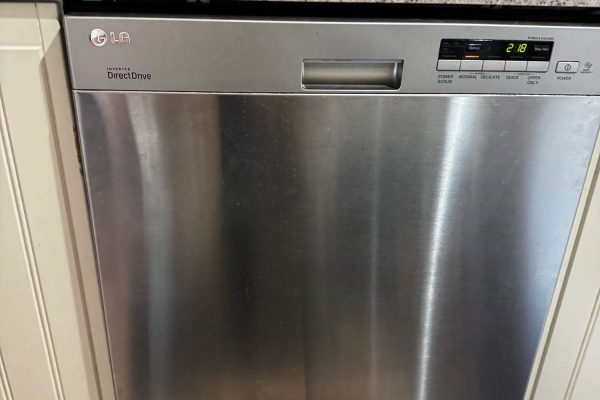In today’s world, energy efficiency stands as a pivotal consideration when selecting household appliances. Washing machines, essential for everyday laundry chores, vary significantly in their energy consumption. Understanding how to choose a model with the lowest energy usage not only benefits the environment but also saves money on utility bills. Here’s a comprehensive guide to navigating the realm of washing machines and selecting a model that prioritizes energy efficiency.
Understanding Energy Labels:
Manufacturers are required to display energy labels on washing machines, providing valuable information regarding their efficiency. These labels often include an energy efficiency rating, ranging from A+++ (most efficient) to D (least efficient). Opting for a machine with a higher rating significantly reduces energy consumption.
Consider Front-Loading Machines:
Front-loading washing machines tend to be more energy-efficient than top-loading models. They typically use less water, require lower detergent amounts, and have faster spin cycles, thereby reducing both water and energy usage per load.
Capacity and Load Sensing Technology:
Opt for a machine with an appropriate load capacity that suits your household’s needs. Overloading a washing machine leads to inefficiencies and higher energy consumption. Models equipped with load-sensing technology adjust water levels based on the load size, optimizing energy and water usage for each cycle.
Variable Spin Speeds:
Look for machines offering variable spin speeds. Higher spin speeds extract more water from clothes during the spin cycle, reducing drying time and energy consumption if using a separate dryer.
Energy-Saving Wash Cycles:
Many washing machines offer specific energy-saving wash cycles. These cycles typically use lower temperatures and shorter durations while still providing effective cleaning. Selecting these settings significantly reduces energy usage without compromising cleaning performance.
Cold Water Settings:
Washing machines that allow for cold water washing consume less energy compared to those relying on hot water. Cold water cycles are effective for many types of laundry and help minimize energy consumption, as heating water accounts for a significant portion of a machine’s energy use.
Inverter Motor Technology:
Consider models with inverter motor technology, which operates more efficiently than traditional motors. These motors adjust their speed based on the load, reducing energy consumption and noise while extending the machine’s lifespan.
Time Delay and Smart Features:
Some machines come with time delay options or smart features that enable users to schedule wash cycles during off-peak hours. This not only takes advantage of lower electricity rates but also eases the strain on the grid during peak times.
Regular Maintenance and Cleaning:
Ensuring the washing machine is well-maintained and clean contributes to its energy efficiency. Periodic cleaning of filters, hoses, and detergent dispensers prevents blockages and ensures the machine operates at its optimum level.
Compare Energy Consumption Figures:
Before making a purchase, compare the estimated annual energy consumption of different models. This information, usually provided on the energy label or product specifications, allows for an informed decision regarding the most energy-efficient option.
Look for Energy-Efficient Features:
Some machines incorporate additional energy-saving features such as sensors that optimize water usage, automatic load detection, and eco-friendly washing programs. These features further enhance energy efficiency.
Consider Long-Term Savings:
While energy-efficient washing machines might have a higher initial cost, they often result in substantial long-term savings on utility bills. Consider energy efficiency as an investment that pays off over the lifespan of the appliance.
Choosing a washing machine with low energy consumption involves careful consideration of various factors. Prioritizing energy-efficient models not only minimizes environmental impact but also contributes to cost savings and enhances the overall sustainability of household operations. By weighing the features, settings, and energy labels, consumers can confidently select a washing machine that aligns with their energy efficiency goals, ensuring clean laundry without excessive energy consumption.
Our services are your reliable way to solve problems with household appliances! If your appliances require repair, don’t worry – contact Oceanside Appliance Service Center and we will help you forget about any inconvenience.
Our company has many years of experience in repairing household appliances of various brands and models. Our team of highly qualified technicians has deep knowledge and experience in working with refrigerators, washing machines, dryers, dishwashers, stoves, ovens, and other devices.
We guarantee a professional approach to each task and the use of only original spare parts for repairs. Restoring your household appliances to optimal condition is our main goal.
Contact us


